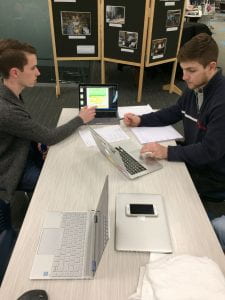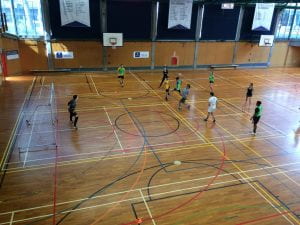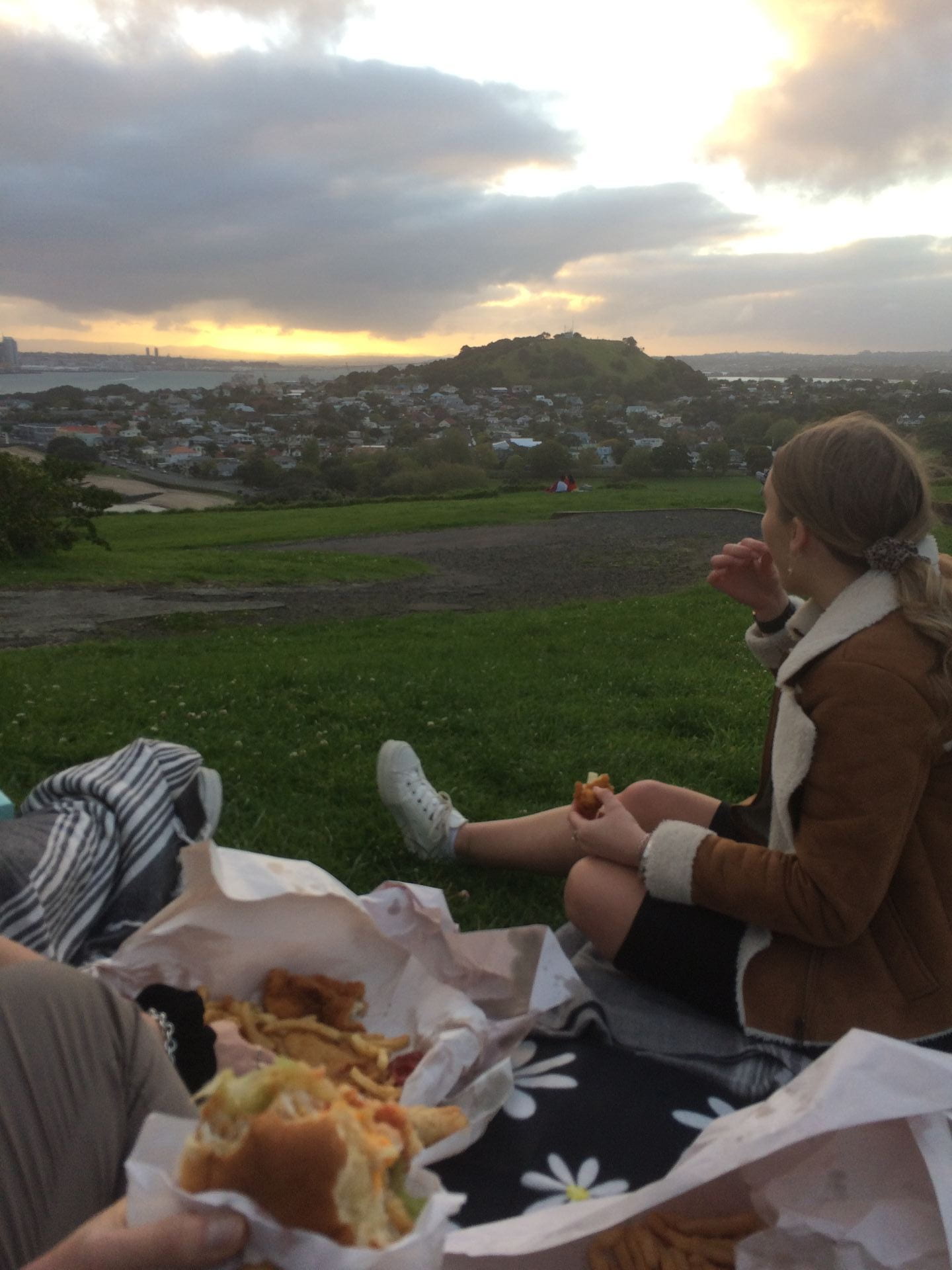Hey guys,
First and foremost, let me apologise for my hiatus; the heat has well and truly been ON this semester and I regrettably neglected this blogging role for several weeks. Fret not though, instead you should prepare for three high quality engsci posts to come at you thick and fast over the next few weeks. Filled with fantastic hindsight and clarity of thought for YOU the reader as you begin to really freak out about choosing a specialisation.
Today, I want to talk a bit more about the relationships we have with our peers in engineering. Honestly, the transition into second year can be strange for your social life. As everyone splits into their specialisations, many friend groups and social circles undergo massive changes. You can find yourself barely seeing people you spent nearly every hour of first year with. You’ll also meet people in your specialisation that you didn’t even know existed in first year.
It gets even weirder when everyone goes their separate ways in terms of where they live i.e. flatting. If you stayed in first year halls like I did, you’ll probably realise just how much more difficult it is to socialise with all your friends in second year. You may now actually have to plan and organise if you want to hang out. Sadly, a lot of people just don’t have the same big socialiser energy under these circumstances.
But that is most often all it is; a matter of circumstance. Remember that you don’t have to feel isolated from your friends, you don’t have to feel like you’ve lost them. I will bet that in most cases, your friends will feel the exact same way. You CAN still be friends (even if they’re all civil plebs), you just need communication and a mutual understanding that it might take more effort than before.
I knew only a handful of others going into engineering science, and of these people I was friendly with but a few. But I found bonding and socialising with my cohort of engsci students easier than I had anticipated. Sharing the same engineering specialisation, especially in such a small cohort size (approx. 70 students), goes a long way in terms of natural camaraderie. A bonus is the engsci and biomeng cohorts are very closely linked in the first semester of second year through sharing several courses and the engsci/biomeng field trip.

It may not be as group-project focused as mechanical or mechatronics engineering, but it still feels like there is a high level of collaboration and teamwork in the engsci cohort. The culture of engsci seems to be that we not only work hard to ensure our own learning is thorough, we also love to help each other understand all the tough concepts. As I feel like I don’t know what’s going on at least half of the time, it’s comforting to know I will always have someone close on hand to help.
There is also a great culture of just straight up socialising in engsci. Not only do we have the stock standard specialisation barbecues, we also have semesterly department sports competitions. These semesterly competitions see volunteer teams from each year level of engsci and biomeng pitted against each other in weekly matches of some oddball sport. This year we had dodgeball in first semester (which the mighty second year engsci team won thank you very much) and handball in second semester. It also looks like the newly-founded biomeng and engsci students’ associations (BESA for short) is also looking to ramp up its student engagement next year with new activities and initiatives.

Overall, the social side of life can be difficult in second year, but engsci is a great department in terms of positive social culture and teamwork. It’s a great specialisation to be a part of.
